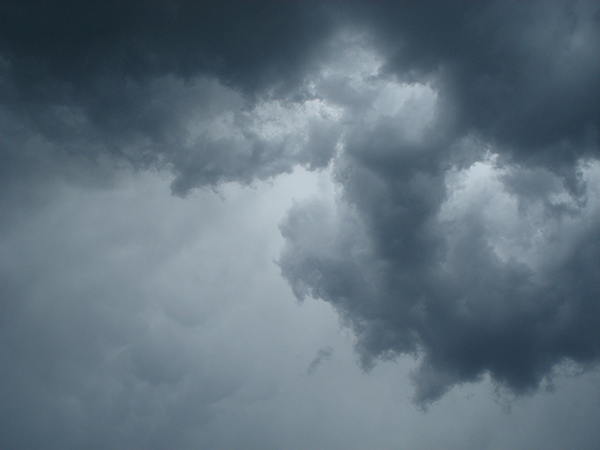
North Texas Storm Victims: Rebuild with Confidence
The collective hearts of all members of the Dallas Builders Association are with everyone affected by the recent storms that hit the North Texas area. As our community begins to rebuild and recover, the Association wants to ensure that those impacted are not victimized by unscrupulous storm chasers who follow significant weather events all over the country.
How can you spot a storm chaser? Look for contractors, often from out of state, soliciting with flyers in your mailbox or going door to door, and contractors who ask for a signed contract to assess the damage or speak with your insurance adjuster. Sometimes the fine print in these contracts binds you to do business with them. Other red flags include lowball bids, “sign today” price requests for a large down payment or a bid in the entire amount of your insurance settlement.
The best advice is often the hardest to follow when you’re vulnerable, but it will likely keep you from being further victimized by these scavengers. Take your time, do your research and trust your intuition. Ask yourself, “Do I really see myself working with this contractor?” If you are unsure, move on; there are plenty of competent and reputable options in our area. Do not let a pushy sales representative convince you otherwise.
Be sure to help elderly neighbors, friends or family with this if you can. A quick Google search can turn up anything you need to know about a prospective contractor. Not finding anything also tells you everything you need to know.
Membership in a professional organization such as the Dallas Builders Association or the National Roofing Contractors Association indicate they are a local contractor who is truly invested in their industry. In fact, the Dallas BA lists builders with experience in specific cities and even neighborhoods on our website.
With any prospective builder or contractor, you should also ask for (and receive) a list of client references and a bank reference. Quality contractors are happy to provide them. Also, be sure to get at least three written bids.
Ask them if they will purchase the necessary permits and if the work will be inspected. Make sure their written contract explains their warranty. Many contracts do not provide an adequate description of how the construction should hold up after completion and what constitutes a defect. If you are unsure of the contract’s terms or implications, consult with a licensed Texas attorney. The cost of this due diligence can be well worth the peace of mind and headaches saved down the road.
Once you have selected a contractor, help them help you. HOAs or special zoning districts often have specific requirements on roofing materials and colors that are acceptable. Your contractor should know this, but it never hurts to ask and make sure. If your home is fairly new, your builder should be able to tell you exactly what cladding and roofing materials were originally used.
In disaster areas declared by the Governor, Chapter 58 of the Texas Business and Commerce Code kicks in and offers specific protections. The law applies to contractors who remove, clean, sanitize, demolish, reconstruct or improve property as a result of damage or destruction caused by a declared natural disaster.
Specifically, the law requires that a “disaster remediation” contract be in writing. A disaster remediation contractor is prohibited from requiring payment prior to beginning work or charging a partial payment in any amount disproportionate to the work that has been performed. The statute exempts contractors who have held a business address for at least one year in the county or adjacent county where the work occurs.
Some recovery-related expenses are exempt from state and local taxes. Please keep these in mind as you review any bills or invoices from your contractor.
- Texas never imposes sales tax on labor for residential repairs.
- In a declared disaster area, purchasers may claim an exemption from sales tax on separately stated charges for labor to repair or restore nonresidential real property damaged by the disaster. The materials that are used to perform the repairs are taxable.
- Taxpayers may claim an exemption from sales tax on charges for labor to repair or restore items damaged by a disaster.
- The exemption may be claimed on labor to repair furniture, appliances or other items of tangible personal property.
- The exemption includes labor costs to launder or dry clean damaged clothes or other property.
- Arborists’ services, such as cutting down or cutting up a damaged or dead tree in a declared disaster area, are not taxable.
- Hauling away branches, limbs or trees are waste removal services and are taxable.
- Goods and taxable services may be purchased tax free with FEMA, Salvation Army or Red Cross debit cards or vouchers.
We hope that this article can help you and your loved ones rebuild with confidence. Destructive weather is a fact of life in our area. Let’s make sure unscrupulous storm chasers are not.